Introduction
Social anxiety disorder is a common disorder often referred to as social phobia. Social anxiety disorder is marked by an intense fear or feeling of embarrassment in some social situations and on some occasions. These social situations are the ones where the person is likely to be looked at, judged or assessed. Some examples are giving speeches, making performances in front of a number of people, job interviews and such. At parties, these people also feel uncomfortable since talking to strangers confuses and frightens them. However, the most typical social anxiety disorder is intensified by public performances. The fear and anxiety can be so intense that a person will probably avoid alike future situations. Since he or she knows that such occasions spark off many negative feelings, the person cannot easily overcome the problems. Overwhelmed by the fear of being humiliated, such a person has difficulties in normal life activities that demand presentations or self-assertion. Many of the people suffering from social anxiety disorder feel that their fears are not reasonable and even bizarre, they cannot help feeling they will disappoint or not live up to people's expectations.
Unlike normal fear or apprehension we are struck by on some occasions, the social phobia apprehensions incapacitate people to such an extent that they are usually unable to cope with everyday situations in the normal way. Everyone sometimes feels nervous before giving the public speech or before some important life event. On the other hand, social phobia includes anticipation about the future events so the affected person is afraid of the event days, weeks or months prior to the specific occasion. Social phobia is characterized by irrational and false beliefs about specific situations and people which interfere with the person's everyday life, work, school, relationships. They become unsociable and anxious in every new situation. They are always worried about how they will appear to others and feel they will do something unpleasant or embarrassing which will eventually degrade them in other people's eyes. These people cannot stand the scrutiny of others.
Symptoms
Along with these psychological symptoms, physical symptoms do not allow them to calm down a bit. Before the event, or at the very event, a person tends to tremble, sweat profusely and breathe heavily. The heart beating increases, muscles may twitch and they blush. Other signs include feeling dizzy as if about to faint every moment, dryness of the mouth and problems with the stomach, particularly with diarrhea. The physical symptoms aggravate the condition of such people and as a consequence they are sometimes unable to talk, think properly or make reasonable decision. Often, they refuse to go out and give a speech or talk to someone and run away from the social situation.
Treatment
The treatment of this disorder depends on the individual symptoms and difficulties. Professional help and medications can ease the discomforts but the person has to try and change some of his life habits. Quitting smoking or drinking alcohol, reducing the intake of caffeine and chocolate, sleeping enough and doing exercise may be helpful. Smoking, alcohol, caffeine and lack of sleep can trigger off the anxiety and panic attacks. The problem cannot be easily overcome but persistence and determination is needed.








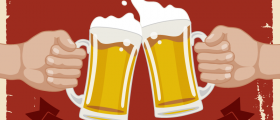
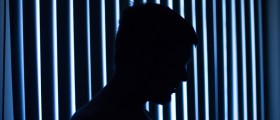

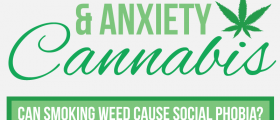
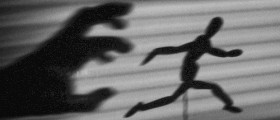


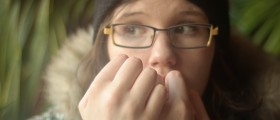
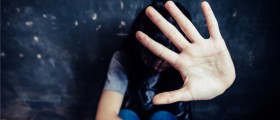
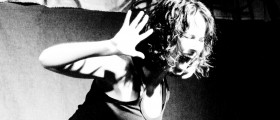
Your thoughts on this
Loading...